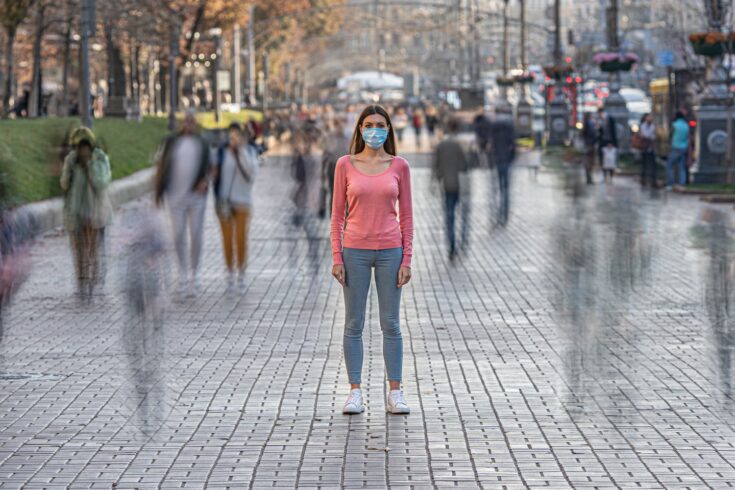COVID-19 has shone a powerful light on the need for policymakers to have access to a wide variety of different types and sources of knowledge.
This knowledge will aid their decision-making in both the short and longer terms.
This is just as true now as the UK gradually opens up (paying careful attention to the spread of new variants).
But with COVID-19 having affected so many different communities in many different ways, how do national, regional and local policymakers go about deciding what the priorities for action should be?
International Public Policy Observatory
This is an important question for the International Public Policy Observatory (IPPO).
IPPO is an Economic and Social Research Council (ESRC)-funded collaboration of universities and think tanks.
The IPPO gives UK policymakers access to resources, evidence and analysis of global policy responses to COVID-19. This will mean they can make better decisions when dealing with the impacts of the pandemic.
The observatory is creating ‘living maps’ of evidence and policy to:
- cut through the vast amounts of social research and policy responses on COVID-19
- provide a searchable database of research.
Communities hardest hit by COVID-19
These communities may also not be at the top of the agenda when it comes to recovery strategies, whether because:
- their needs are not well monitored by data (for example, care home residents)
- they escaped the worst of the health impacts (for example, young adults).
Online learning: a systematic review
The IPPO published its first of three systematic reviews in October 2021, entitled Global emergency remote education in secondary schools during the COVID-19 pandemic.
The review collected evidence from 38 countries and considers how schools can best conduct remote emergency learning in the pandemic, as pupils and teachers continue to self-isolate.
It examines the strategies that have proved most engaging and rewarding for secondary school students, teachers and parents.
This review pulls together the most robust evidence from primary research to answer questions including:
- how was technology used and was it successful?
- how were student and parent engagement affected?
- how was student assessment managed?
- what online and ‘blended’ learning approaches could continue to be used post-pandemic?
The review’s recommendations include:
- providing increased professional development for teachers on how to teach with digital technologies in blended, online and hybrid contexts
- students’ ability to reliably access and use the digital tools in questions should govern which technology is selected by schools and teachers
- communication between schools and parents must improve and be actively built into future remote learning strategies to reduce barriers.
Read the full systematic review.
Understanding and sharing the latest evidence
Whether considering the wellbeing of locked-down schoolchildren or the best way to support homeless people, IPPO is paying particular attention to those communities who have been hardest hit by COVID-19.
An important element of IPPO’s work is hosting regular roundtable events featuring policymakers from all UK nations as well as topic specialists and other leading experts.
The IPPO publishes reports after each roundtable. Reports include:
- how to boost UK jobs and skills after the pandemic: four priority areas for action
- how should we address the many social inequalities amplified by COVID-19? The case for social multipliers
- what should be done to improve mental health and wellbeing in UK care homes?
Find out more
If you’d like to find out more, sign up for the IPPO newsletter or follow the IPPO: @covidandsociety.
IPPO is supported by a £2 million two-year grant from ESRC. To find out more read: ESRC-funded observatories will help tackle impacts of COVID-19.
Last updated: 20 February 2023

